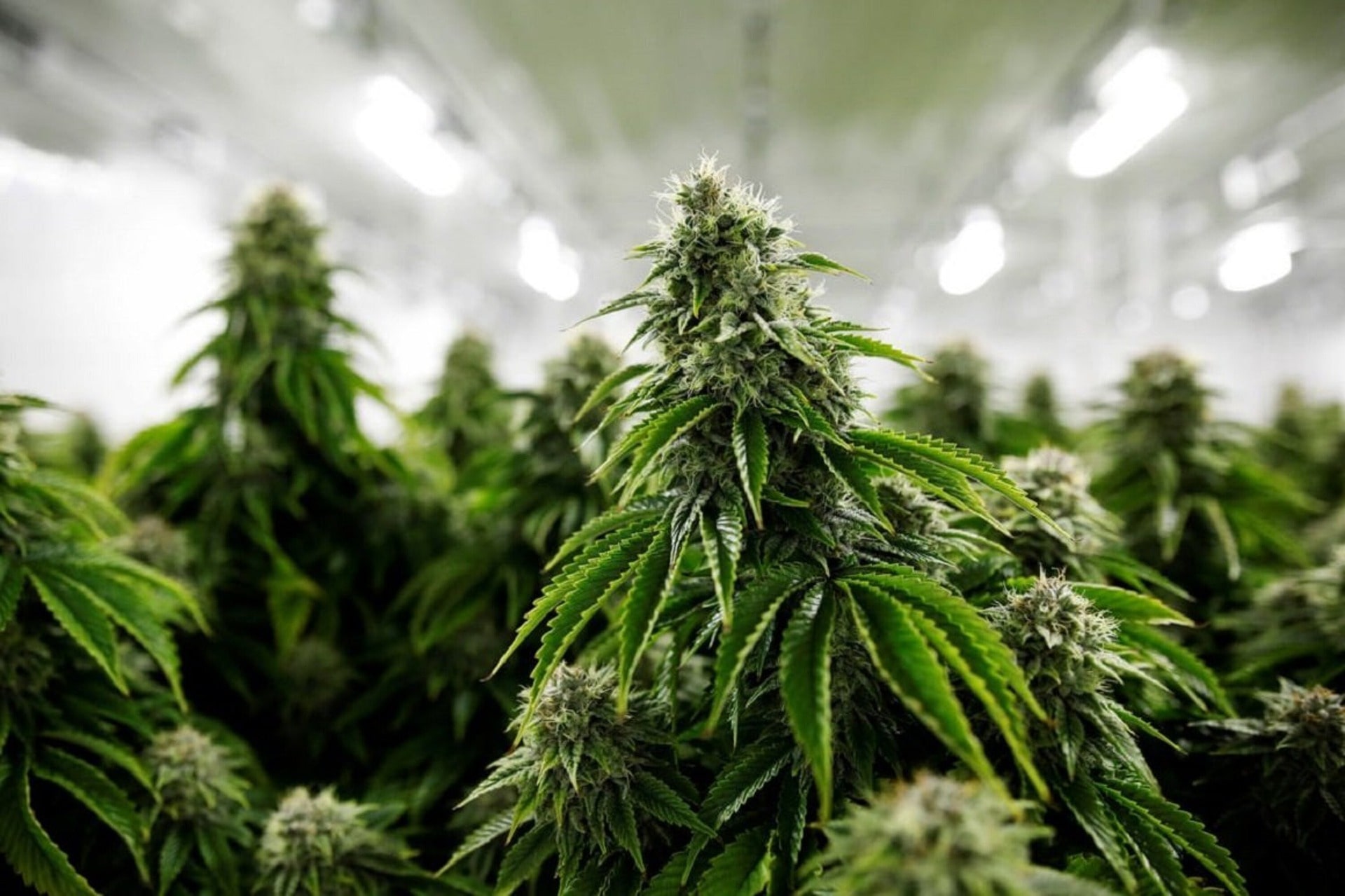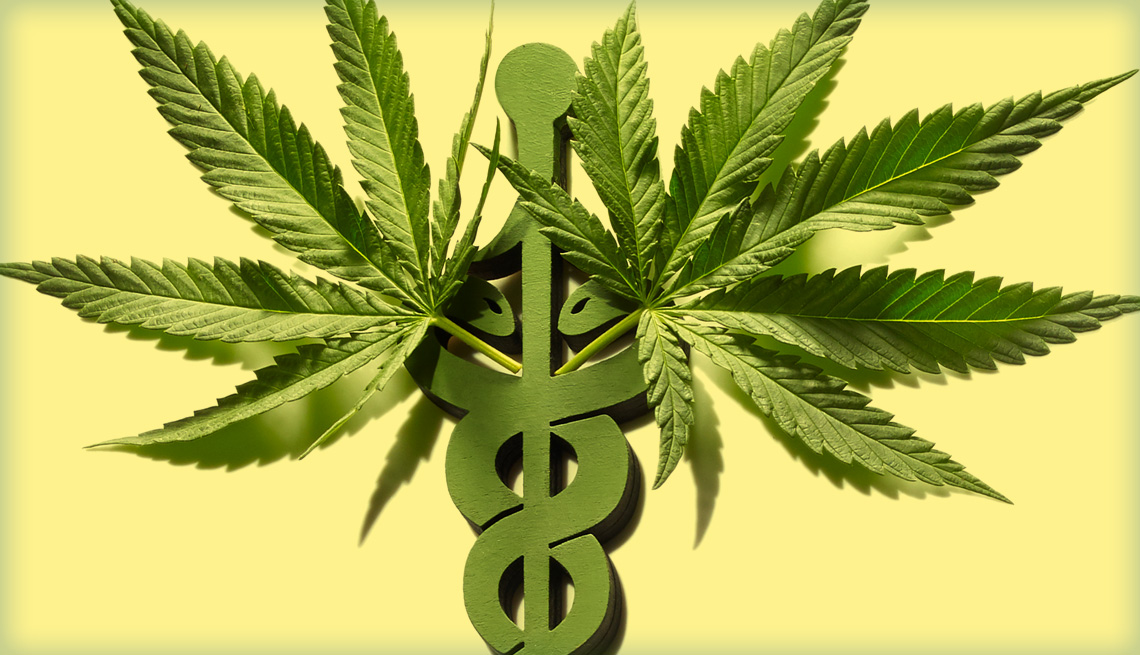Shedding Light on What Medical Cannabis Can Treat: an Extensive Evaluation of Its Restorative Properties
In current years, there has been a growing passion in the healing possibility of medical cannabis. While unscientific evidence is plentiful, a comprehensive assessment of the scientific information regarding the performance of medical cannabis in treating these problems is called for.
Chronic Pain Management
Persistent pain monitoring stays a critical element of clinical treatment, requiring a thorough strategy for effective treatment. Over the last few years, clinical cannabis has actually become a prospective therapeutic alternative for individuals dealing with persistent discomfort problems. The endocannabinoid system, which plays a vital role in discomfort modulation, has been targeted by cannabis-based treatments to enhance and ease signs lifestyle for clients.

Moreover, medical marijuana uses a promising choice for people who experience unbearable negative effects from traditional pain drugs. Its capability to attend to discomfort with a different system makes it a valuable addition to the arsenal of therapies readily available for persistent pain management.
Epilepsy Treatment Possible
Clinical cannabis has revealed appealing capacity in the treatment of epilepsy, supplying a novel restorative technique for taking care of seizures in people. Epilepsy is a neurological disorder defined by persistent seizures, impacting individuals of every ages. Typical therapies for epilepsy consist of antiepileptic medicines, however these medications may not be efficient for all clients and can have considerable side results.
Study on the usage of clinical cannabis for epilepsy has exposed encouraging outcomes. Cannabidiol (CBD), a non-psychoactive substance found in marijuana, has been specifically highlighted for its anticonvulsant residential or commercial properties. Studies have revealed that CBD can lower the regularity and severity of seizures in individuals with treatment-resistant types of epilepsy, such as Dravet disorder and Lennox-Gastaut disorder.
Furthermore, the FDA has actually approved a CBD-based medication, Epidiolex, for the treatment of seizures connected with these serious forms of epilepsy. This turning point highlights the expanding acknowledgment of medical cannabis as a useful therapeutic choice for managing epilepsy and offers hope for individuals who have actually not responded well to conventional therapies.
Nausea Relief Perks
The reduction of nausea or vomiting via using marijuana has been increasingly identified for its therapeutic advantages in numerous clinical conditions. Queasiness and throwing up prevail signs experienced by individuals undertaking chemotherapy, those with intestinal disorders, and individuals with persistent discomfort problems. Medical marijuana, with its active substances such as THC and CBD, has actually shown pledge in supplying remedy for nausea or vomiting.

In addition, medical marijuana supplies a natural choice for people who do not react well to conventional anti-nausea medicines or who experience extreme side impacts from these medications. Individuals undergoing radiation treatment, particularly, have reported significant enhancements in their lifestyle when using cannabis to handle queasiness. As research around proceeds to expand, clinical marijuana is increasingly being considered as an important option for nausea or find this vomiting alleviation in numerous clinical setups.
Stress And Anxiety Reduction Results
Researches have shown the capacity of cannabis in minimizing anxiousness signs through its interaction with the endocannabinoid system. The endocannabinoid system plays an important function in managing emotions, consisting of anxiousness, by preserving homeostasis in the body. Cannabinoids in cannabis, such as THC and CBD, connect with the endocannabinoid receptors in the mind, specifically the CB1 and CB2 receptors, to modulate anxiety-related feedbacks.

Clients with problems like generalised anxiety condition (GAD), social stress and anxiety problem, and trauma (PTSD) might benefit from the anxiolytic residential or commercial properties of marijuana (Medical Marijuana Card Near me). Additional research is required to identify ideal does, shipment techniques, and lasting effects on anxiousness administration.
Prospective for Inflammation Control
With its known anti-inflammatory properties, marijuana has actually shown promise in potentially managing inflammation within the body. Swelling is the body's natural feedback to injury or infection, yet when it comes to be chronic, it can add to various conditions such as arthritis, inflammatory bowel disease, and also heart illness. Research suggests that the cannabinoids located in cannabis, such as THC and CBD, can aid manage the immune feedback and lower swelling.
Researches have actually revealed that marijuana can communicate with the endocannabinoid system, which plays a critical function in controling inflammation. By targeting the cannabinoid receptors, cannabis compounds can modulate the immune feedback, leading to a decline in here are the findings inflammation degrees. This makes marijuana a potential prospect for handling inflammatory conditions where conventional therapies have failed.
Moreover, cannabis-derived products like CBD oil have acquired popularity for their anti-inflammatory properties, with lots of people utilizing them as an all-natural treatment for conditions related to swelling. While even more research is needed to fully comprehend the devices behind cannabis's anti-inflammatory effects, present findings show encouraging outcomes for the potential use clinical cannabis in regulating swelling.
Verdict
Finally, clinical marijuana has actually shown encouraging restorative properties in taking care of chronic pain, dealing with epilepsy, easing nausea, lowering anxiety, and controlling swelling. Its potential benefits in different clinical problems highlight the significance of more research study and exploration right into its medicinal use. The proof recommends that medical marijuana might be a beneficial alternative treatment option for individuals seeking alleviation from a variety of conditions and symptoms.
In try these out recent years, clinical marijuana has actually emerged as a possible healing option for people experiencing from persistent pain conditions.Medical marijuana has actually shown encouraging capacity in the therapy of epilepsy, providing a novel healing approach for managing seizures in people. As study in this area continues to grow, clinical cannabis is progressively being thought about as a useful choice for nausea or vomiting alleviation in different medical settings.
In final thought, medical marijuana has revealed encouraging therapeutic residential properties in managing persistent discomfort, treating epilepsy, soothing nausea, reducing anxiety, and controlling inflammation. The proof suggests that clinical cannabis can be a beneficial alternative therapy alternative for patients seeking relief from a range of symptoms and problems.